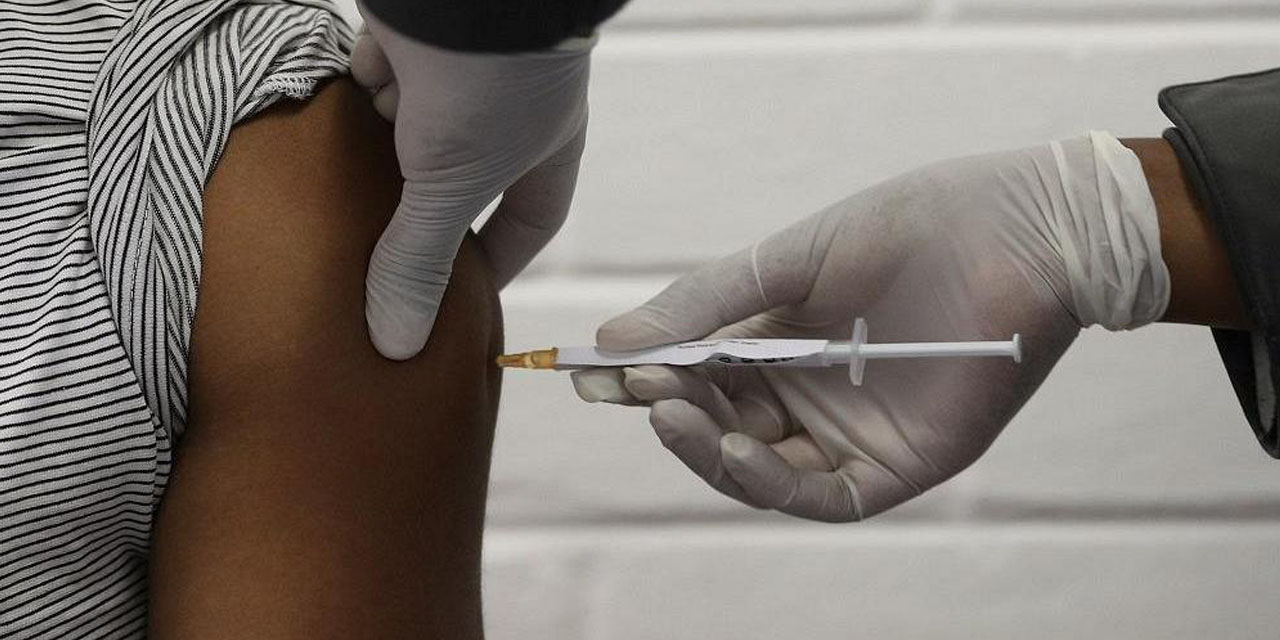Andrew Kathindi
THE number of people who have been vaccinated against COVID-19 in Namibia is low, the Centre for Disease Control (CDC) in Namibia has warned.
The CDC was responding to questions whether Namibia could follow examples in countries such as the United States of America where people who have been vaccinated are no longer required to wear masks in public places.
“As the number of people getting vaccinated in Namibia increases, the government may decide to change its guidance but this has not happened yet.
“Currently the number of people who have been vaccinated in Namibia is too low and we are very far from achieving herd immunity,” Dr Steven Hong, Clinical Branch Chief for CDC Namibia told Windhoek Observer.
Dr Hong further warned that there could be danger of a third wave on the horizon as Namibia enters the winter season.
“We are also going into winter and there are real concerns that we will see a third wave. Therefore, it is very important that we all continue to practice prevention measures, such as wearing a mask, hand washing and keeping our distance,” he said.
The Ministry of Health and Social Services says it would need to vaccinate between 60 to 80 percent of the population to achieve herd immunity.
Currently, 59 114 people have received the first dose of the COVID-19 vaccine, which amounts to around 2.3 percent of the population.
Approached for comment, the health ministry however said the vaccination campaign programme was on the right track.
“CDC should mind their business. Our position is that we are gaining steam. More and more people are coming forward to get vaccinated. The numbers are increasing. If you look at the trend, it’s a positive trend. There was a slow start but we are definitely gaining momentum,” health ministry executive director, Ben Nangombe told Windhoek Observer.
Asked when the country is likely to reach herd immunity, Nangombe stated: “That’s hard to say. We have strengthened our systems. We are on a good course.”
He however did not rule out the possibility of the third wave in the approaching winter months.
“We have seen how this disease behaves. Where people do not comply with regulations, infections go up. That is an established fact. So, whether it’s a third wave or fourth wave, it doesn’t matter.
“It all depends on how we behave and what we do to prevent new infections. It’s our responsibility to make sure a third wave does not happen,” he said.




